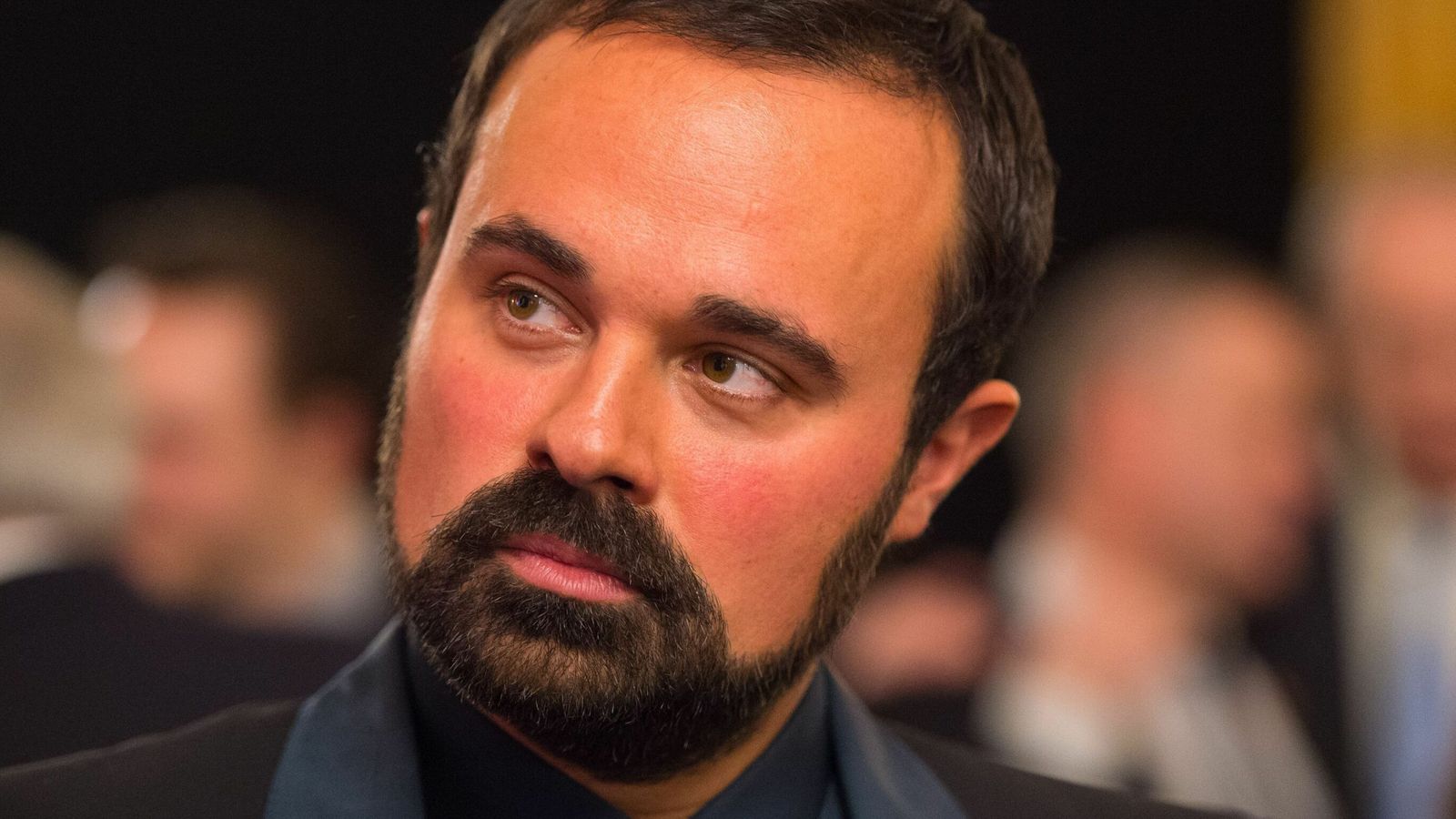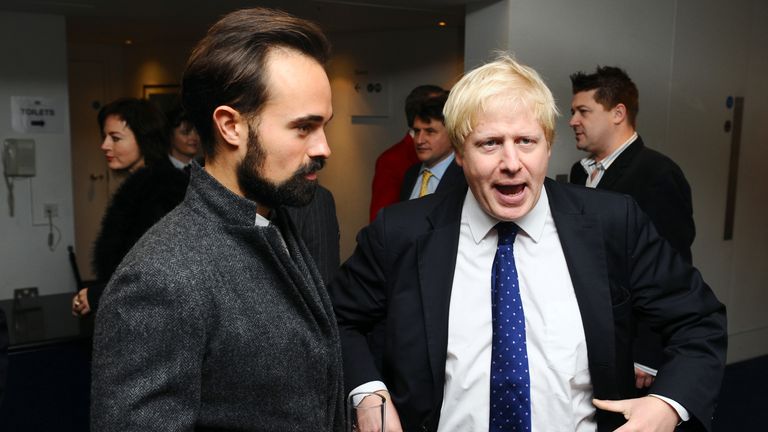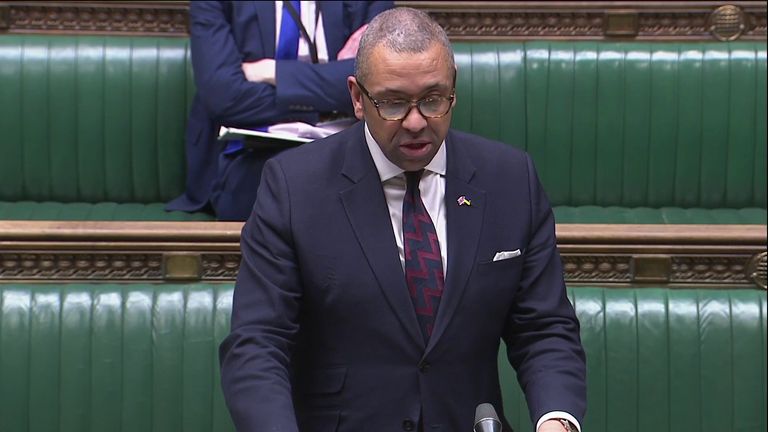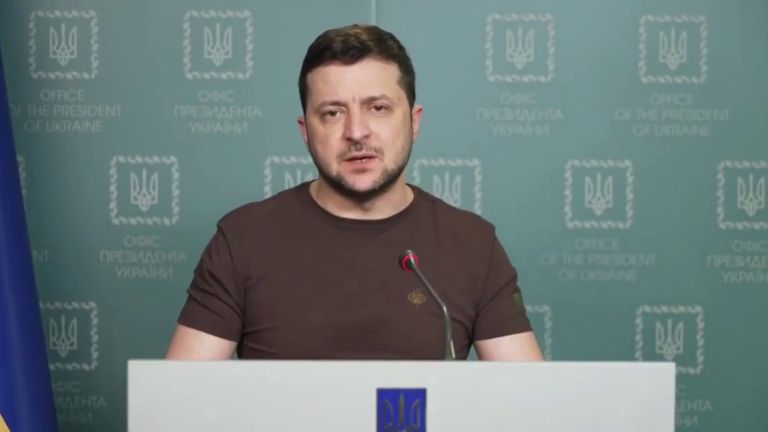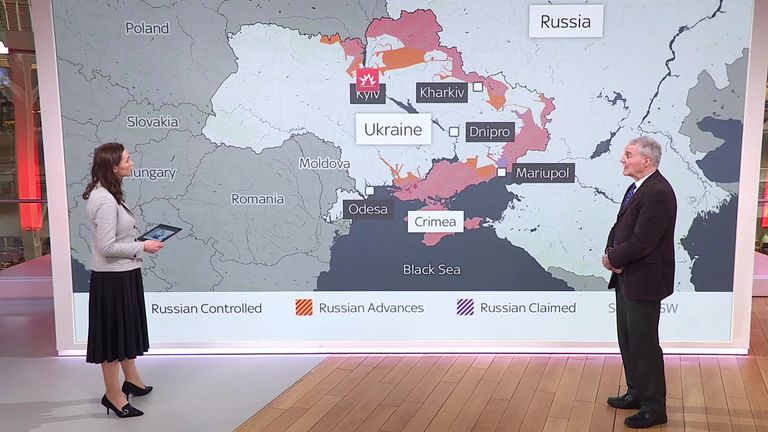The Lord Speaker has called for a more “robust” appointment process for peers after the SNP called for Lord Lebedev’s parliamentary pass to be revoked.
In a letter on Tuesday, Lord McFall said “there is a case for examination of the appointments process” to ensure that “new appointees are able to make a worthwhile contribution to the important work of the House”.
His comments comes after The Sunday Times claimed the head of MI6 was worried about Russian-born businessman Lord Lebedev and that the concerns were raised with Boris Johnson in 2020.
The prime minister has denied he intervened to ensure Lord Lebedev was offered a peerage.
Lord McFall wrote in response to a letter from the SNP’s Westminster Leader Ian Blackford that called on the parliamentary authorities to revoke Lord Lebedev’s parliamentary pass and access to the estate after the reports that the prime minister granted him a peerage despite being warned the move could pose a security threat.
In the letter to the Lord Speaker, Mr Blackford said it is clear that Lord Lebedev is “not a fit and proper person to act as a legislator nor a lobbyist in this democracy.”
“There is growing and genuine public concern regarding the appointment, the position and the ongoing security status of Lord Lebedev of Hampton and Siberia,” the SNP’s Westminster leader wrote.
“It has been extensively reported that the prime minister learnt that the security services warned against granting Lord Lebedev a peerage on national security grounds.
Despite this advice, it appears Boris Johnson forced through the appointment of his friend.”
He continued: “It is obvious that whilst these security concerns remain, Lord Lebedev is clearly not a fit and proper person to act as a legislator nor a lobbyist in this democracy. He should not therefore be in a position to maintain privileged access to the parliamentary estate.
“I am therefore proposing that Lord Lebedev’s access to the parliamentary estate is immediately removed and that his security pass is revoked.
“Until such time as full transparency, clarity and certainty is established regarding his national security status, I believe this is the only course that will act to protect our democracy.”
Labour leader Sir Keir Starmer has said the prime minister has “serious questions to answer” about the appointment, and has asked the House of Lords Appointment Commission to release the vetting advice they gave to Mr Johnson.
Meanwhile, Liberal Democrat Leader Sir Ed Davey has called for a full public inquiry into Mr Johnson’s decision.
Speaking last week, Michael Gove said no one raised security issues with him about Lord Lebedev.
Lord Lebedev, the son of billionaire Russian banker and former KGB officer Alexander Lebedev, was given his peerage in July 2020.
Writing in the Evening Standard newspaper – which he owns – Lord Lebedev said: “I am not some agent of Russia.”
Condemning Russian President Vladimir Putin‘s invasion of Ukraine, he wrote: “I plead with you to stop Russians killing their Ukrainian brothers and sisters.”
The original report in The Sunday Times said that the commission that vets peerage appointments advised Mr Johnson in March 2020 against granting Lord Lebedev a seat in the House of Lords due to security concerns.
Mr Johnson is reported to have ignored the advice and granted the peerage anyway, but denies the allegation.
The UK government continues its crackdown on Russian oligarchs, announcing sanctions against a further 370 Russian and Belarusian individuals and entities on Tuesday.
Since the Russian invasion of Ukraine began, the UK has sanctioned more than 1,000 of Russia and Belarus’ most significant and high-value individuals, entities and subsidiaries.
The Foreign Office said the additions to the government’s sanctions list include Mr Putin’s “key political allies, regime spokespeople and Kremlin-backed disinformation agencies”.
A total of 51 of those sanctioned on Tuesday are oligarchs and their family members, who have a combined estimated worth of more than £100bn.
It is understood the additions will bring the UK in line with restrictive measures already announced by the EU.
